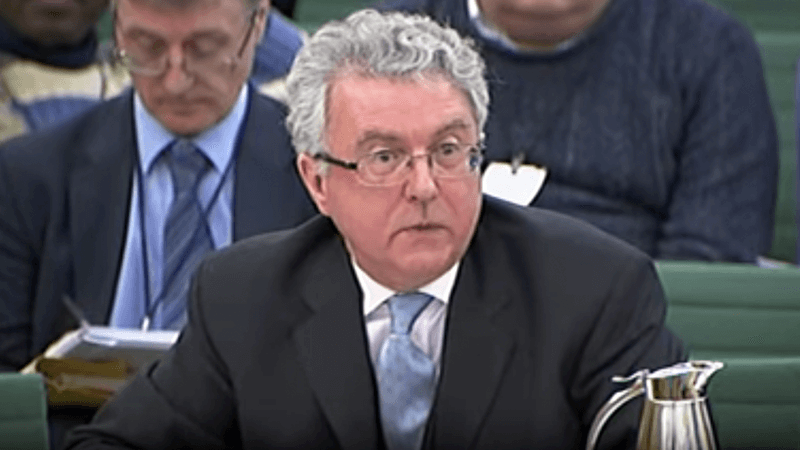Government guidance that would silence church schools on the issue of gay marriage is “legally flawed”, a top human rights expert has said.
In a legal opinion commissioned by The Christian Institute, Professor Christopher McCrudden warns that draft guidance by the Department for Education (DfE) is inconsistent with equality and human rights laws.
McCrudden, a barrister at Blackstone Chambers, says the DfE has failed in its duty to have due regard to the rights of Christians.
‘Effective prohibition’
His warning comes after the DfE published new draft guidance to accompany legal standards which Ofsted use to make judgments about teaching in schools.
The guidance states that a school would fail to meet its obligations under the Independent School Standards if the curriculum “suggests that same-sex marriages or civil partnerships should not be recognised as being lawful unions under civil law”.
Professor McCrudden argues that this wording amounts to an “effective prohibition” on teaching that suggests same-sex marriage or civil partnerships should not be lawful.
Broken promises
In his legal opinion, he questions the DfE’s legal authority for issuing the guidance, and its consistency with commitments by Government ministers during the passage of same-sex marriage legislation in 2013.
Ministers repeatedly promised that the introduction of same-sex marriage would not affect the rights of faith groups and others who hold to traditional marriage, but recent years have seen a sustained attack on faith schools by the state.
The professor also suggests that the guidance could contravene the right of Christians to manifest their beliefs under Article 9 of the European Convention on Human Rights.
He writes: “requiring faith schools to teach that their truth is less valid when it runs contrary to government policy as currently reflected in legislation, amounts to a significant limitation on the ability to manifest religious belief protected by Article 9.”
‘This is unlawful’
Questioning the validity of the guidance under UK equality law, he adds: “the DfE is in breach of its obligation to have ‘due regard’ to the need to ‘advance equality of opportunity between persons who share a relevant protected characteristic and persons who do not share it.’”
Commenting on the legal opinion, John Denning, Education Officer at The Christian Institute, said: “These proposals seem to be a deliberate attempt to police the views of Christians, Muslims, Jews and others who hold the traditional view that marriage is the lifelong union of a man and a woman.
“In 2013 politicians repeatedly promised that ripping up the centuries-old definition of marriage would not be used as a stick to beat those with traditional views. But increasingly it is. We have already seen a sustained assault on faith schools by the state, now the DfE want to police fundamental aspects of Scripture.
“This is unlawful. Preventing debate about our laws in schools is anti-democratic and banning the consideration of religious perspectives on the law amounts to a significant limitation on the ability to manifest religious belief and will be challenged vigorously.”

